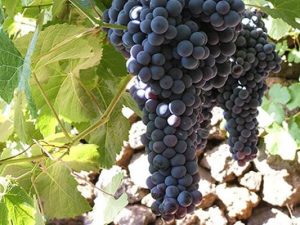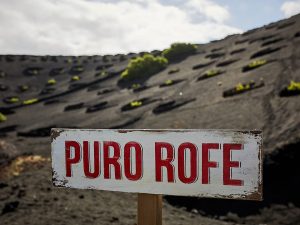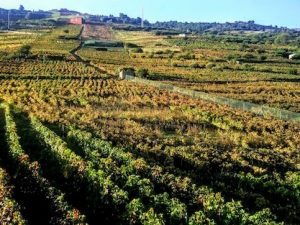Orange wines are here to stay. Some even dare to say that “orange wine is the new rosé”. Maybe that is already too much, but what is certain is that it is a clear trend in the world of wine.
From Gourmet Hunters we clear up the most frequent doubts and give you the main keys to understand what this type of wine is all about.
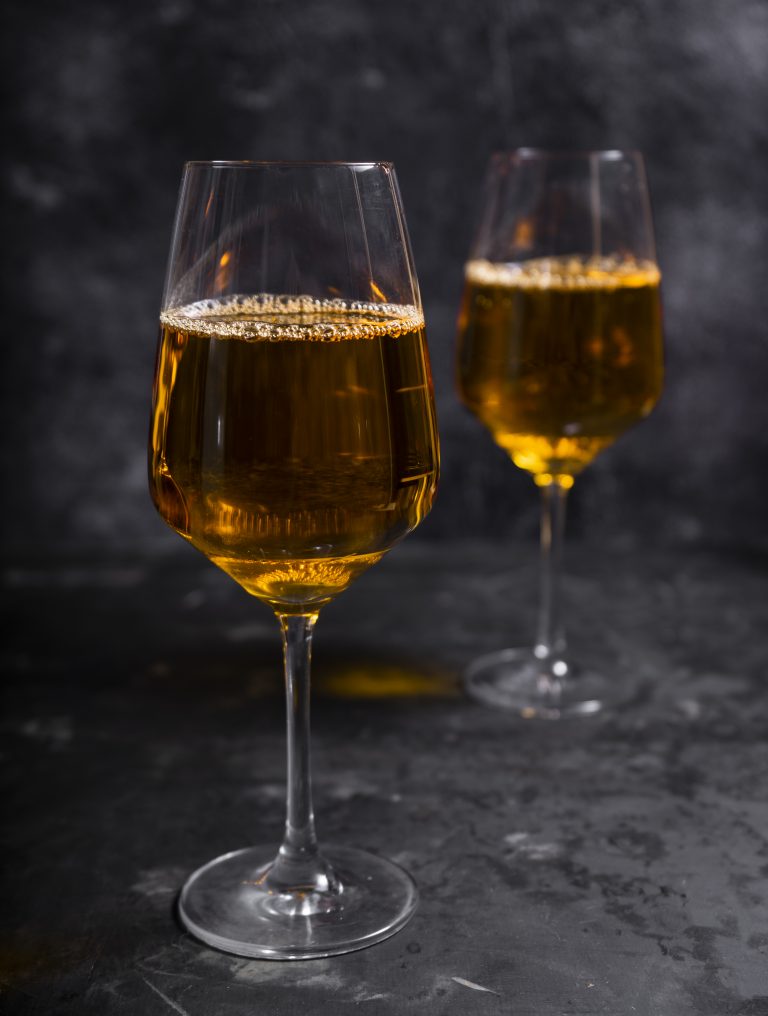
Why are they called that way?
Orange wines get their name from their distinctive orange color, which can approach honey gold or amber. What gives these wines their color is the way they are made.
Although these wines are white wines, their method of elaboration does not follow the typical vinification of a white wine, where the grapes are pressed and fermented with very little time in contact with the skins.
Orange wines are wines that, unlike those made under a traditional pattern, macerate and ferment with the skins and stems, which gives them an amber or orange color, much darker than a traditional white wine.
In turn, maceration with the grape skins allows aromatic precursors to be released, the must has a higher concentration of tannins and the acidity is more moderate (the potassium in the stems causes the tartaric acid to precipitate).
During vinification, they ferment with the skins and in some cases these are kept during the aging process in ceramic or terracotta amphorae. The use of sulfur or cryogenics (cold) is not common for orange wines and therefore they are wines that ferment spontaneously with their own yeasts adhering to the pruina.

What can we expect from orange wines?
They are wines that are amber and cloudy to the eye as they do not undergo any filtration or fining process. Aromatically, they are intense in perfumes, the most common being: ripe fruit, pine resin, field herbs, white flowers, sweet spices, dried fruits and dry grass.
In the mouth they are terrifically tasty, saline, earthy, austere and dense wines. They are wines in trend within the section of natural wines and that go well with stews, stews and stews from the sea and the mountains.
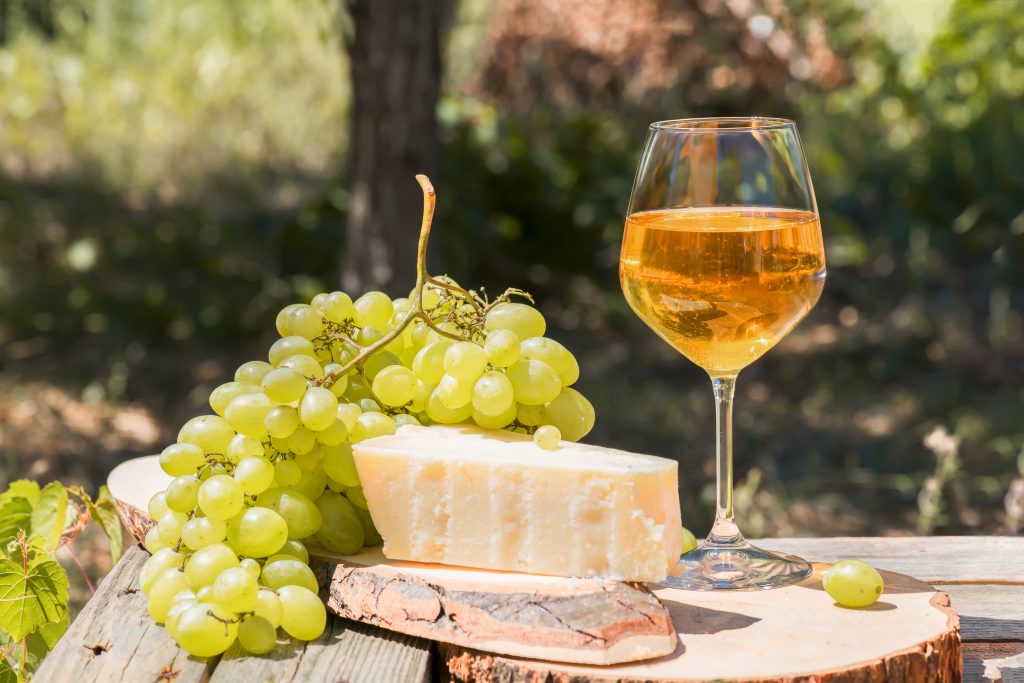
When was this name coined?
The name ‘Orange wines’ was coined in 2004 by the English wine distributor David Harvey, who preferred to work with small producers, avoiding the more commercial routes.
Why are they associated with natural wines?
Projects that claim a recovery of the traditional, a return to the origins and to the oldest forms of winemaking are becoming increasingly popular, as they are considered more sustainable and less invasive with the land. In this way, it is considered that more authentic and expressive wines can be obtained.
As mentioned above, orange wines are made with ancestral elements, such as jars or amphorae, as opposed to the stainless steel barrels that are massively used nowadays.
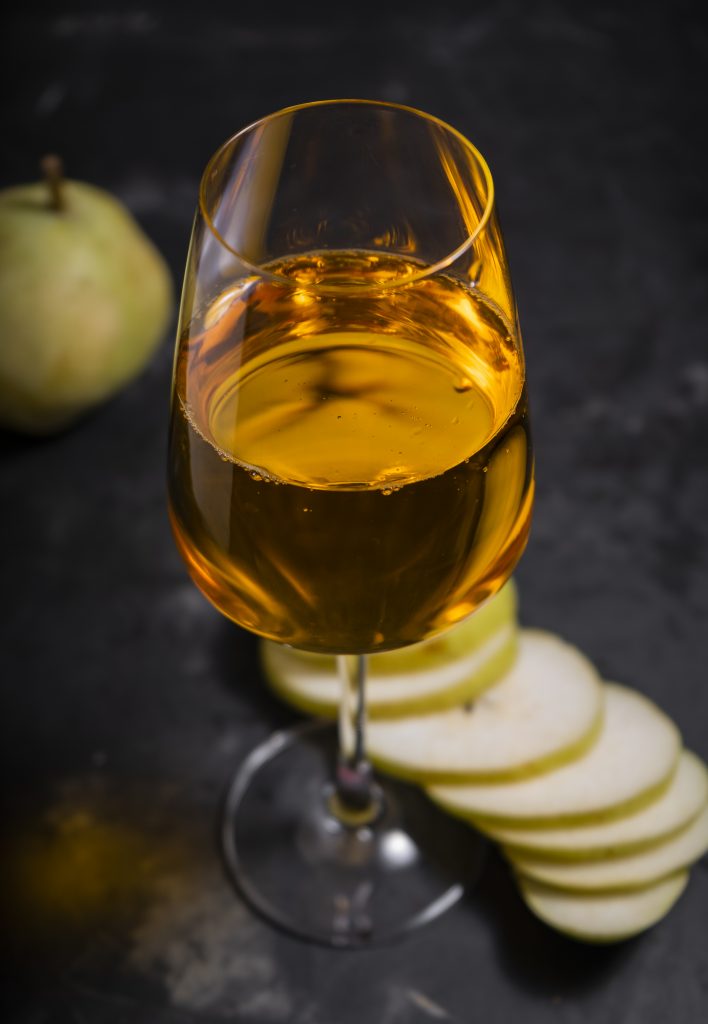
How long has this type of winemaking existed?
This type of ancestral wines underwent a renaissance during this century in the hands of the famous winemaker Josko Gravner, with his winery in Friuli, in northern Italy. Determined to dispense with increasingly interventionist winemaking methods, Gravner began experimenting with natural ways of vinifying his wines, using ancestral elements, resulting in orange or amber wines, as he prefers to call them.
Winemaking with amphorae, however, is very ancient, as there are records of its use more than 5000 to 6000 years ago in Georgia, although in a much more rudimentary form and without the use of yeasts.
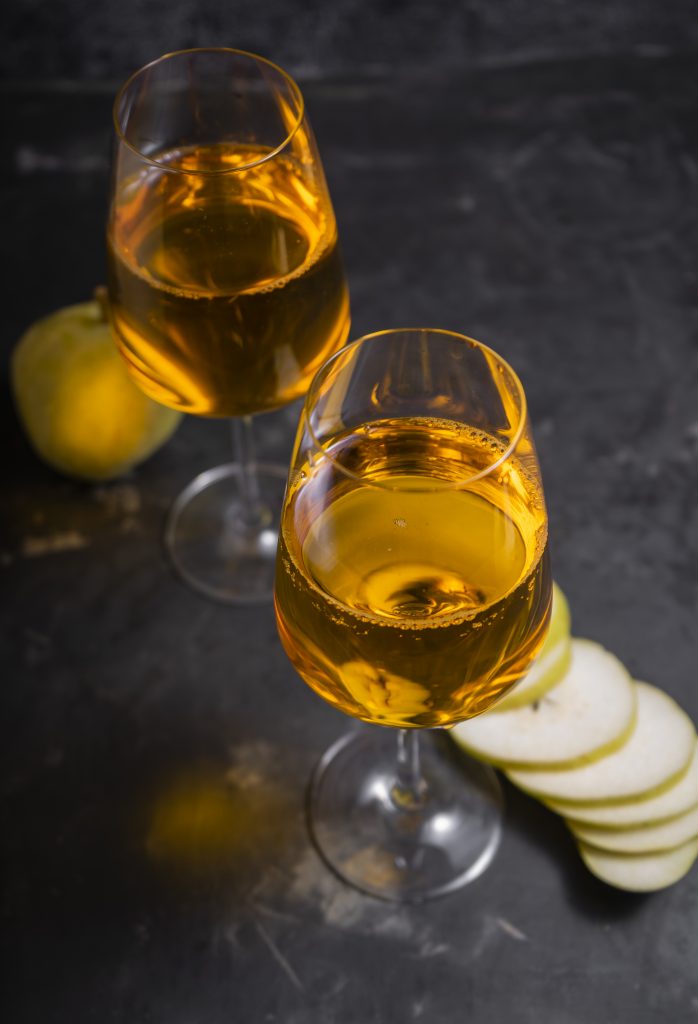
Which are the most outstanding producers?
More and more wineries, especially natural wine producers, have an orange wine in their repertoire. Some of the most prominent producers of ‘Orange wines’ in our catalog are Vinos Ambiz, Esencia Rural, Celler Tomàs Torres, Bodegas Cueva, Torcuato Huertas Tomás, Vinya Ferrer, Cosmic, Sicus, Vinyes Singulars, Les Temps des Cerises, Pierre Boyat, Escoda Sanahuja, Es D’Aqui, Microbio, among others.



